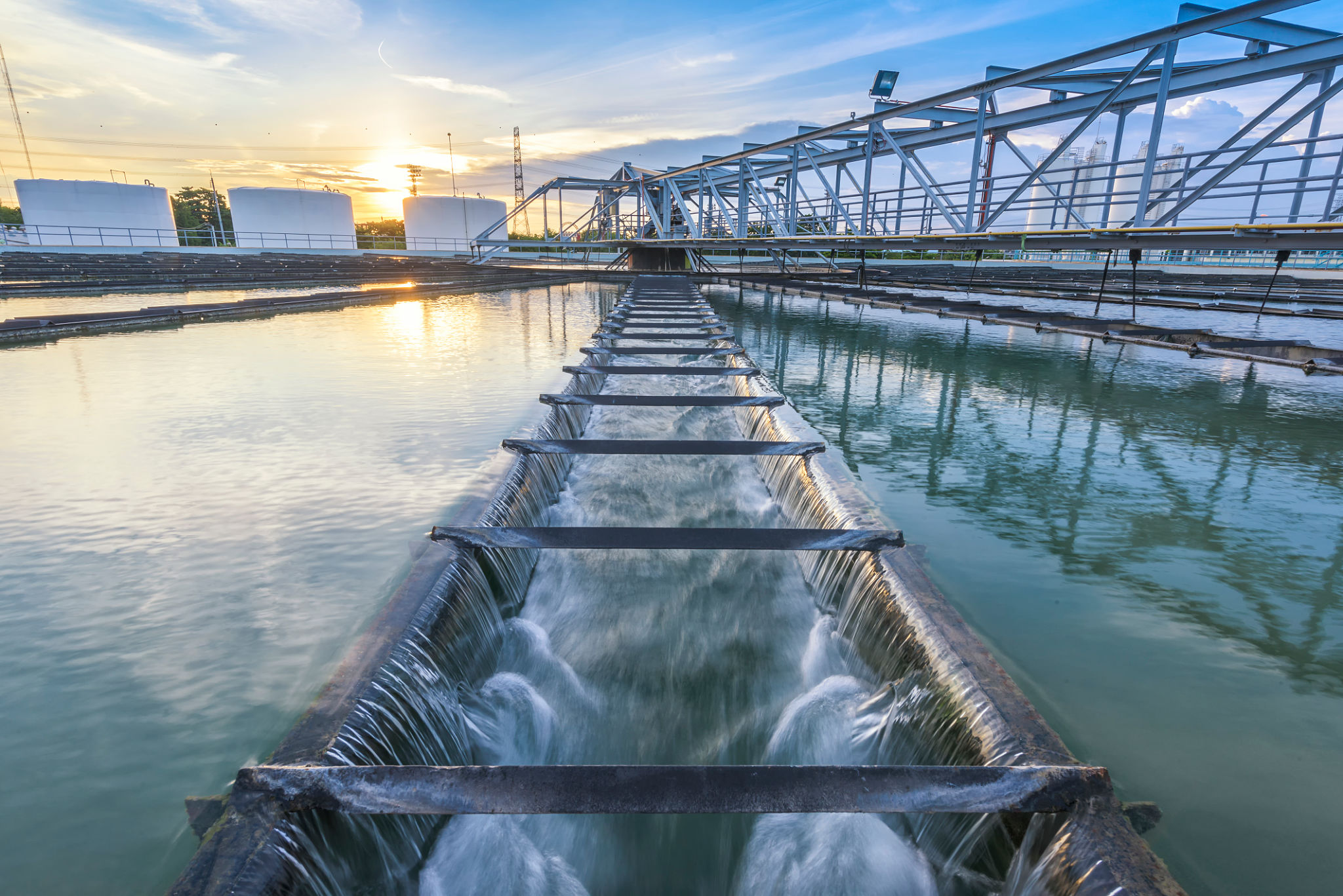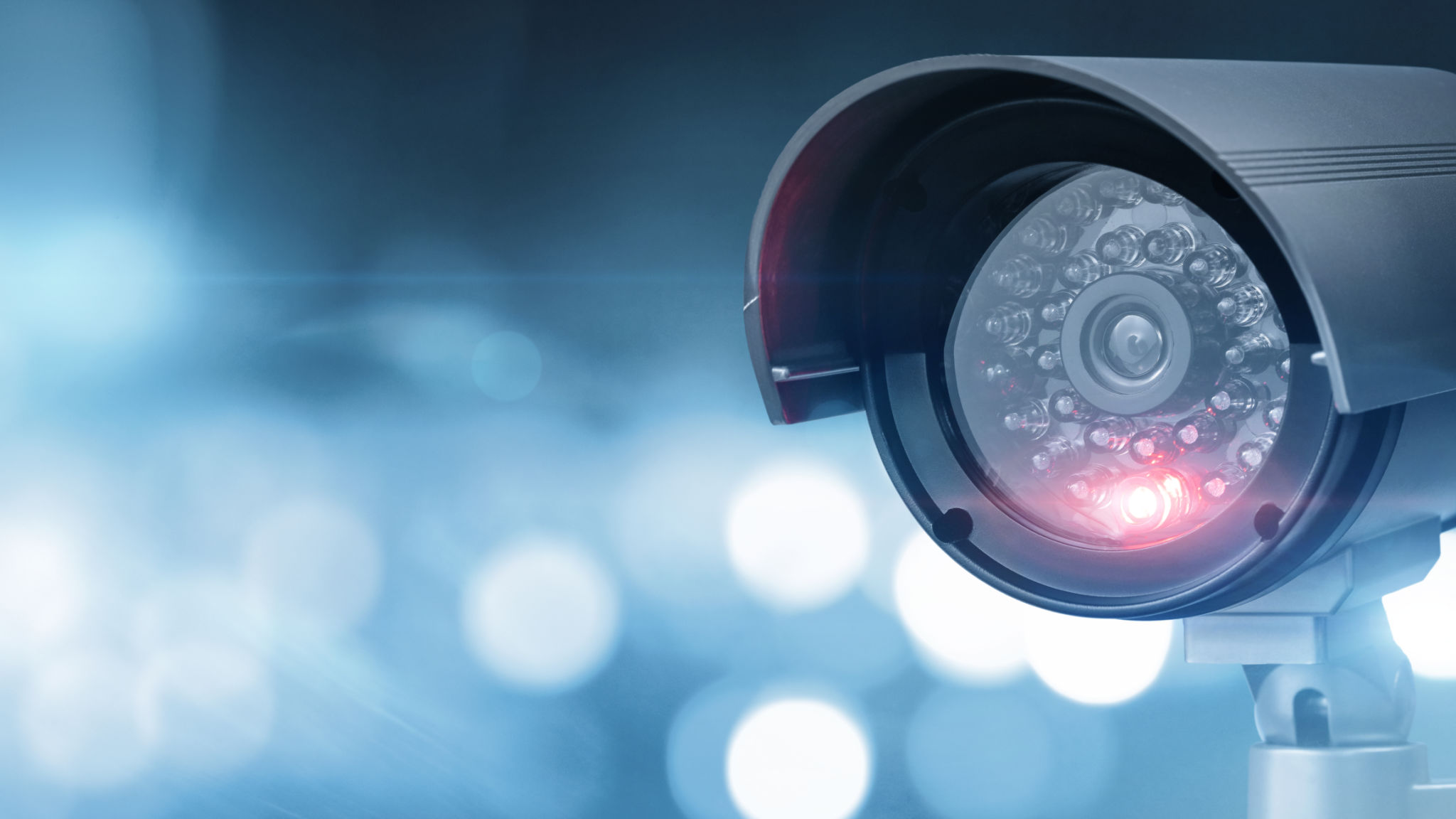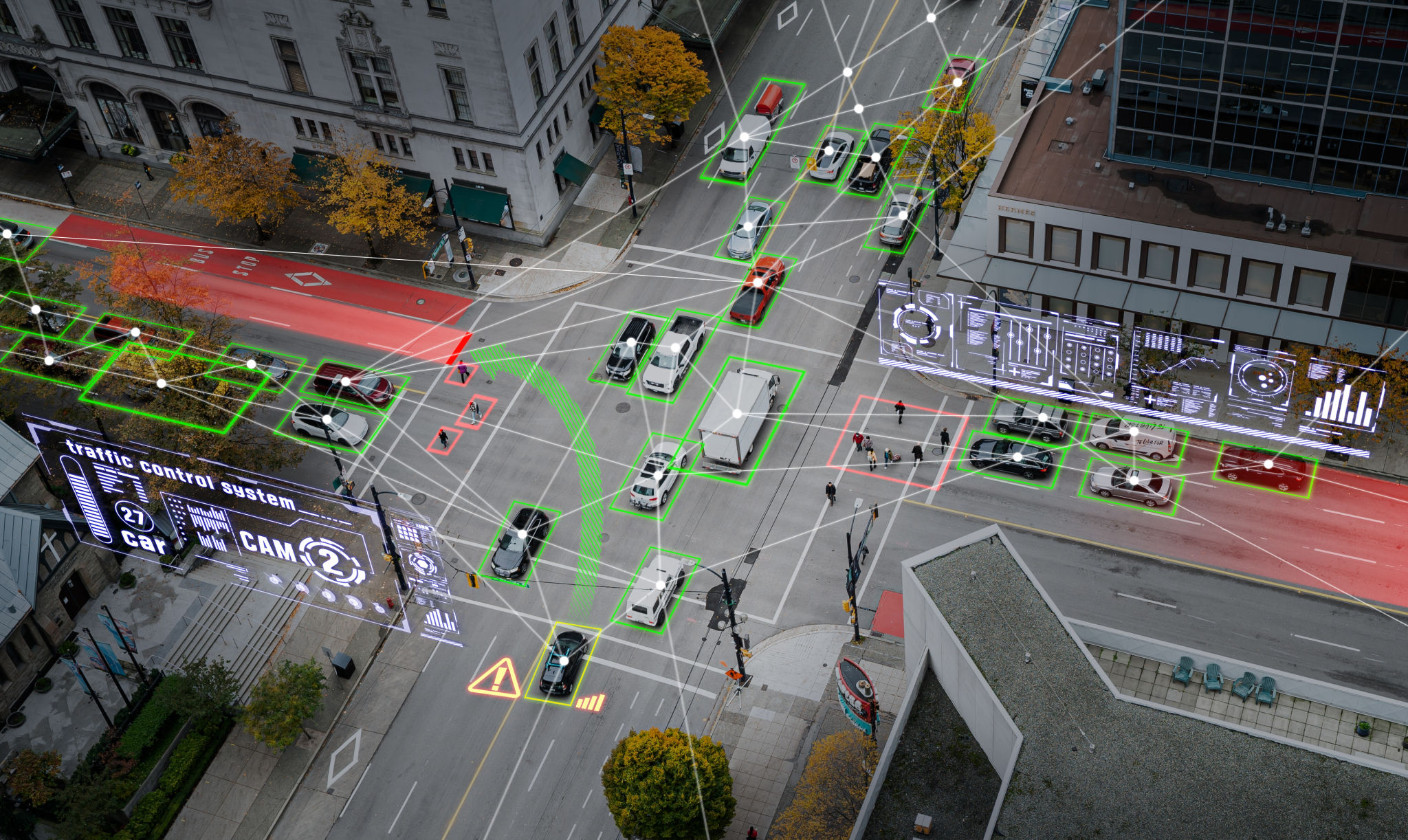Water Leak Detection Techniques for Urban Environments in Dubai
Understanding the Challenges of Water Leak Detection in Urban Dubai
Urban environments like Dubai present unique challenges for water leak detection. With its sprawling infrastructure and high-rise buildings, detecting leaks can be complex. The city’s rapid development and diverse architecture require specialized techniques to ensure that water systems operate efficiently and sustainably.

In densely populated areas, leaks can lead to significant water loss and potential structural damage. Furthermore, the high temperatures in Dubai can exacerbate the consequences of leaks, making timely detection crucial. Effective water management in urban settings is essential for minimizing waste and promoting sustainability.
Advanced Technologies for Leak Detection
Acoustic Leak Detection
Acoustic leak detection involves using specialized listening devices to identify the sound of water escaping from pipes. This technique is particularly effective in urban environments where traditional methods may fall short. Acoustic sensors can detect even the smallest leaks by picking up the distinct sound of water escaping, allowing for precise identification and repair.
Infrared Thermography
Infrared thermography is another advanced technique used in leak detection. It involves thermal imaging cameras that capture temperature variations on surfaces, which can indicate the presence of moisture or leaks. This non-invasive method is ideal for detecting leaks behind walls or under floors, making it perfect for Dubai's modern infrastructure.

Integrating Smart Technology
As Dubai embraces smart city initiatives, integrating smart technology into water leak detection systems offers significant advantages. Smart sensors and IoT devices can monitor water usage in real-time, alerting authorities to anomalies that may indicate a leak. This proactive approach not only helps in early detection but also in conserving water resources.
The use of smart technology enables continuous monitoring and data analysis, providing insights that can lead to more efficient water management strategies. By leveraging these technologies, urban environments can improve their resilience to leaks and reduce water wastage significantly.

Best Practices for Urban Water Leak Detection
Regular Maintenance and Inspections
Regular maintenance and inspections are crucial for managing water systems in urban areas. Scheduled checks can help identify potential issues before they escalate into major problems. This proactive approach not only extends the lifespan of infrastructure but also ensures the safety and reliability of water supplies.
- Conduct routine inspections of plumbing systems.
- Utilize advanced detection technologies.
- Implement a maintenance schedule for high-risk areas.
Collaborative Efforts
Collaboration between governmental agencies, private companies, and residents is vital for effective leak detection. Public awareness campaigns can educate citizens on the importance of reporting leaks and conserving water. By working together, urban communities can create a sustainable future for Dubai's water resources.
In conclusion, effective water leak detection in urban Dubai requires a combination of advanced technologies, smart systems, and community cooperation. By implementing these strategies, the city can ensure a sustainable and efficient water supply, safeguarding its infrastructure and natural resources for future generations.
